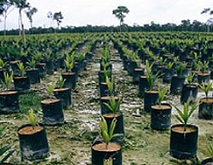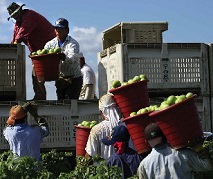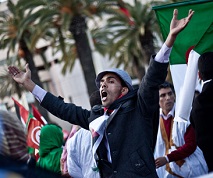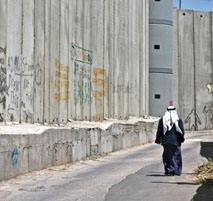
At World Social Forum: Unity and Dissent Within Global Movements
Source: Truthout
An estimated 50,000 people from 5,000 organizations in 127 countries spanning five continents participated in the World Social Forum in Tunisia over the past week. By choosing to come together in Tunis, this year’s forum evoked the spirit of the 2011 revolt that inspired uprisings around the world. But the annual convergence also raised questions about the trajectory of these movements, as well as the continued relevance of the World Social Forum process.
The WSF, which started in Brazil and has featured appearances by Hugo Chavez and Brazilian president Luiz Inácio Lula da Silva in the past years, has been credited with helping to build and consolidate a broad left in South America and establish connections and shared strategy between movements around the world. However, the WSF has always been divided. There are frequent protests against the forum from within – notably in 2007 in Nairobi, when protestors took over a food stand that they said symbolized a corporate sellout by the forum and a lack of accessibility to locals without means – as well as struggles by leadership over its direction.




